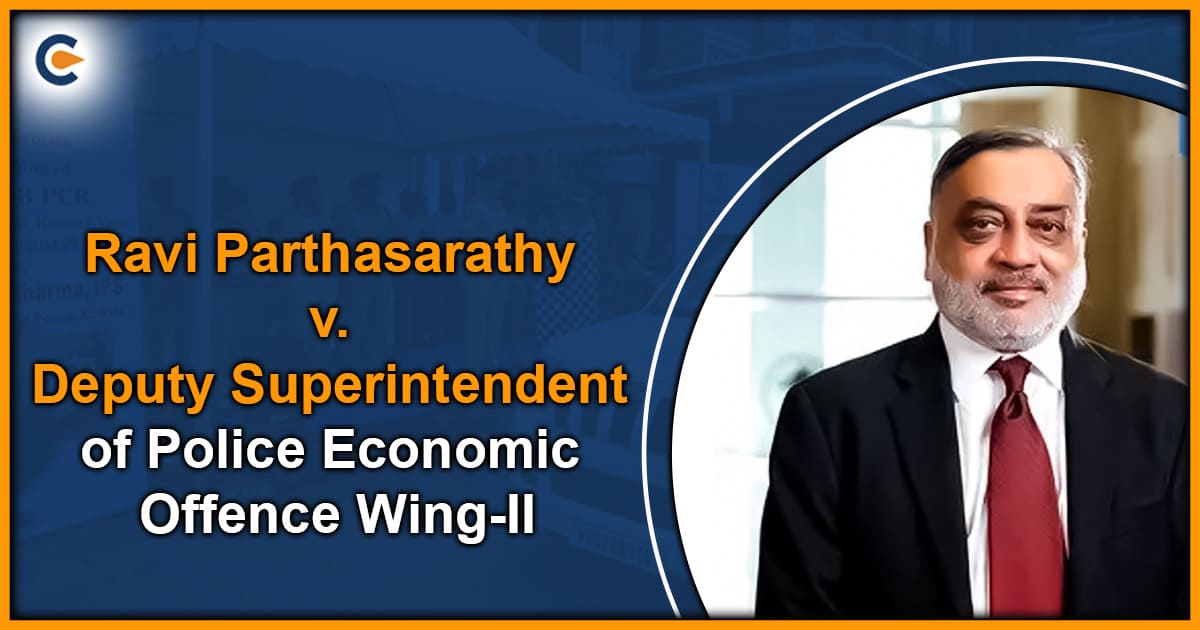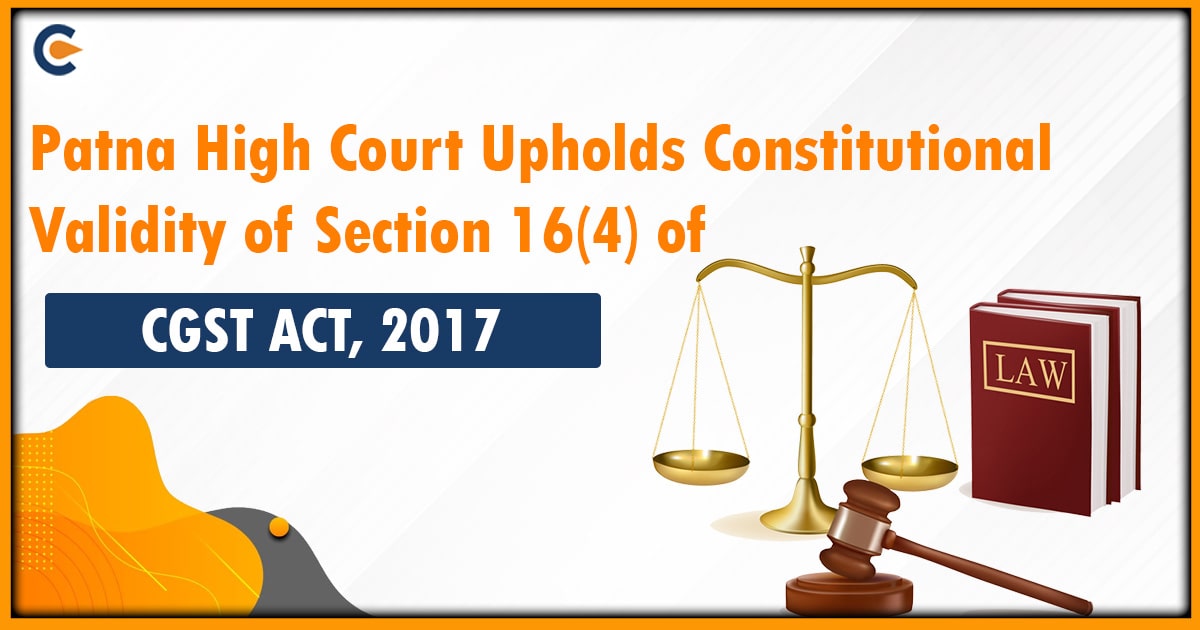Issuance of NCDs to a selected group via private placement couldn’t be termed as deposits u/s 2(2) of TNPID Act: High Court
In this case, ITNL issued non-convertible debentures (NCDs) to a specific group of individuals through private placement without soliciting deposits from the general public. The argument presented is that since there was no public solicitation or advertisement for deposits, the debentures cannot be classified as ‘deposits’ under the TNPID Act. Additionally, the private placement scheme used by ITNL does not meet the criteria to be considered a ‘financial establishment’ per the Act’s definition.
The High Court ruled in favour of the defendants, stating that the privately placed debentures were not subject to the Act. The Court also noted that another authority was already investigating the matter, preventing the Economic Offence Wing from conducting a parallel investigation. Consequently, the case was dismissed.
What are Non-convertible Debentures?
Non-convertible debentures (NCDs) are debt instruments issued by companies in order to raise long-term funds. Unlike convertible debentures, NCDs cannot be converted into equity shares. Instead, they represent a company’s obligation to repay the principal amount along with a specified interest rate. NCDs provide companies with a means to raise capital without diluting ownership. Investors who purchase NCDs receive regular interest payments until the maturity of the debentures when the principal amount is repaid. NCDs are considered less risky due to their fixed returns and asset-backed security. Overall, NCDs enable companies to secure funds while providing investors a stable income and repayment assurance.
What is Private Placement?
The private placement, as defined in Section 42 of the Companies Act and Rule 14 of the Companies (Prospectus and Allotment of Securities) Rules, 2014, is a method of offering securities by a company to a select group of individuals, known as “identified persons,” without making a public offer. It involves issuing a private placement offer-cum-application letter to the identified persons, specifying the terms and conditions of the offer. Private placement enables companies to raise funds from targeted investors while maintaining the confidentiality and addressing specific investor requirements, with the regulatory framework ensuring transparency and investor protection.
Facts of the Case
- R2, as a purchaser of non-convertible debentures from ITNL, lodged a complaint with the Economic Offence Wing (EOW) under the Tamil Nadu Protection of Investment of Depositors (in Financial Establishments) Act (TNPID Act).
- The complaint was directed against ITNL, its directors, and the individuals currently petitioning the Court.
- The basis of R2’s complaint stemmed from the non-receipt of the interest that ITNL had committed to paying during the issuance of the debentures.
- Dissatisfied with the registration of the case against them, the petitioners responded by filing a criminal petition.
- The primary argument presented by the petitioners was that the provisions of the TNPID Act should not be applicable to the debentures issued by ITNL.
- Their contention was based on two key points: first, the debentures in question did not meet the criteria to be classified as ‘deposits’; and second, ITNL did not fit the definition of a ‘financial establishment’ as outlined in sections 2(2) and 2(3) of the TNPID Act[1].
- The petitioners asserted that ITNL, a subsidiary of IL&FS, primarily engaged in activities related to infrastructure rather than finance and banking operations.
- ITNL had issued non-convertible debentures to a limited group of individuals, guaranteeing the payment of interest on those debentures.
- Until January 21, 2019, the petitioners had been receiving regular interest payments on the debentures as promised by ITNL.
- However, due to a moratorium imposed by the National Company Law Appellate Tribunal (NCLAT), ITNL encountered difficulties fulfilling its obligation to pay interest.
- Consequently, the complainants in the case registered a complaint under the TNPID Act, citing ITNL’s defaults in interest payment as the reason for their grievance.
High Court Held
The High Court observed that there was no public solicitation or collection of funds from the public through advertisements by ITNL. The issuance of debentures was limited to a specific group of individuals through private placement. Given these circumstances, the Court concluded that the issuance of debentures could not be considered ‘deposits’ as defined in Section 2(2) of the relevant law. Furthermore, the Court stated that the company’s private placement scheme did not qualify as a ‘financial establishment’ as defined in Section 2(3). As a result, the provisions of the TNPID Act could not be applied in this case, and the registration of the case by the EOW against ITNL and the petitioners exceeded its legal jurisdiction.
Additionally, the Court noted that the issue was already being investigated by the Serious Fraud Investigation Office (SFIO) under Section 212. Consequently, the EOW’s authority to conduct a parallel investigation under the TNPID Act was prohibited. Therefore, the Court determined that the crime registered against the petitioners and ITNL by the EOW should be quashed.
Conclusion
In this case, the High Court concluded that the non-convertible debentures (NCDs) issued by ITNL through private placement to a specific group of individuals did not qualify as ‘deposits’ under the TNPID Act. The Court determined that since there was no public solicitation or advertisement for deposits and the debentures were privately placed, they did not fall within the purview of the Act. Additionally, the Court found that ITNL’s private placement scheme did not meet the criteria to be considered a ‘financial establishment’ as defined in the Act. The Court also noted that another authority was already investigating the issue, preventing the Economic Offence Wing from conducting a parallel investigation. As a result, the case against the petitioners and ITNL was dismissed.
Read our Article: Nirendra Nath Kar V. Gopal Navin Bhai Dave











